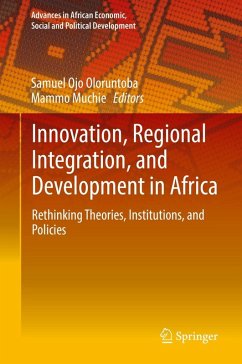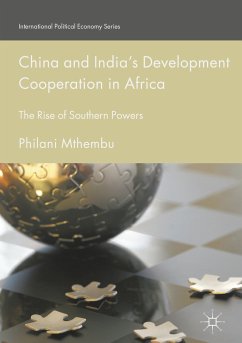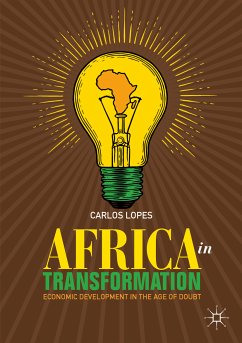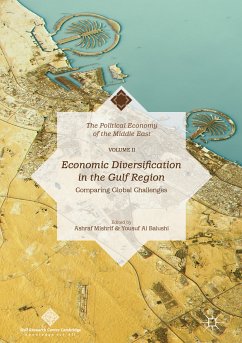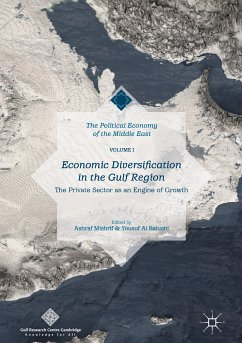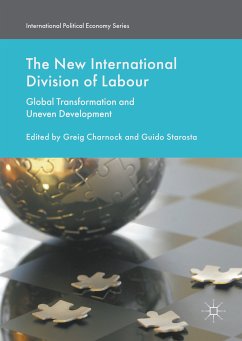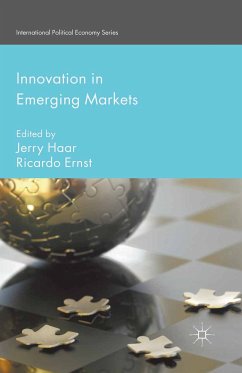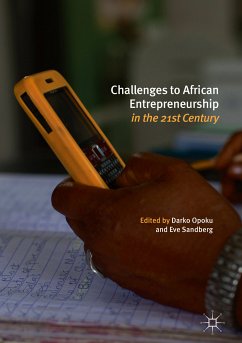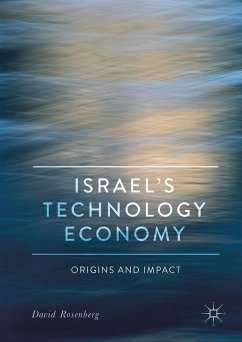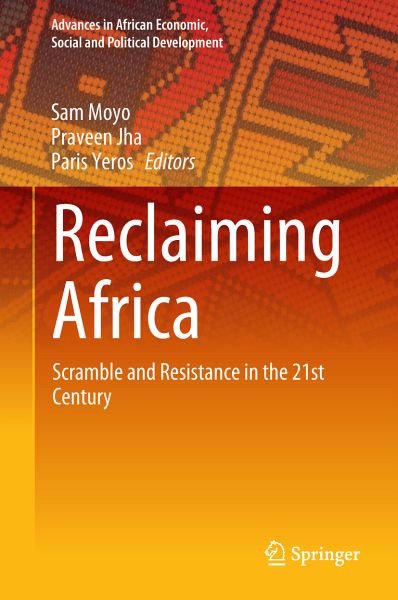
Reclaiming Africa (eBook, PDF)
Scramble and Resistance in the 21st Century
Redaktion: Moyo, Sam; Yeros, Paris; Jha, Praveen
Versandkostenfrei!
Sofort per Download lieferbar
72,95 €
inkl. MwSt.
Weitere Ausgaben:

PAYBACK Punkte
36 °P sammeln!
Presents a Southern perspective on the contradictions of the new scramble for Africa and the struggles for development in the 21st century
Compares the strategies employed by emerging powers in their engagement with Africa
Explores the forms of local, regional, and national resistance to the expropriation of land and natural resources in Africa
Compares the strategies employed by emerging powers in their engagement with Africa
Explores the forms of local, regional, and national resistance to the expropriation of land and natural resources in Africa
Dieser Download kann aus rechtlichen Gründen nur mit Rechnungsadresse in A, B, BG, CY, CZ, D, DK, EW, E, FIN, F, GR, HR, H, IRL, I, LT, L, LR, M, NL, PL, P, R, S, SLO, SK ausgeliefert werden.



